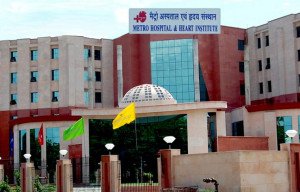Best Coronary Bypass Surgery Treatment In India
Related By Cardiology, Heart Care
Share of people with heart problem in India
According to a survey by Statista, a majority of respondents who suffered from heart problems in India were 60 years or older. While teenagers accounted for just size percent of the respondents with heart problems, young adults accounted for just three percent of the disease that year. The figures go like this:
Source: https://www.statista.com/statistics/1123509/india-share-of-respondents-with-heart-issues-by-age-group/
| # | {packageDetails.name} Treatment Cost | Average Price | Price |
|---|---|---|---|
| 1 | In India, the average cost of coronary bypass surgery. However, pricing may vary based on the hospitals in each city. | 750000.00 | 500000.00 - 800000.00 |
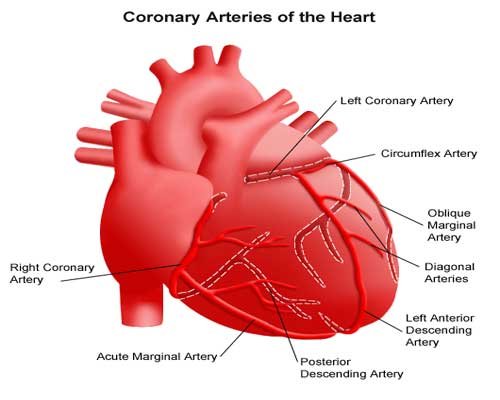
- About Coronary Artery
- Facilities
- What are the risks or consequences associated with this procedure?
- Who is the most vulnerable?
- Which method is the most effective?
- What exactly is a cardiac surgeon, often known as a Heart Surgeon?
- What exactly is this procedure?
- Why is coronary artery bypass surgery performed?
- What occurs before to this procedure?
- What are the benefits of this method?
- How long does it take to recover?
- Share of people with heart problem in India
- Coronary Artery Bypass Surgery vs. Angioplasty: Which is Right for You?
- Why Ace Medicare?
Package Details
About Coronary Artery
Ace Medicare offers comprehensive care for coronary artery bypass patients. We are the top coronary artery hospital in India and are equipped with a wide array of specialties.Coronary artery bypass graft (CABG) surgery is performed to treat coronary heart disease.
It redirects blood around blocked or obstructed sections of the main arteries, increasing blood flow and oxygen delivery to the heart.
A coronary artery bypass transplant involves connecting a blood vessel from another region of the body (typically the chest, leg, or arm) to the coronary artery above and below the restricted or blocked location.
This new blood vessel is referred to as a "graft." The number of grafts required will be determined by the severity of your coronary heart disease and the number of restricted coronary blood channels.
A coronary artery bypass transplant is performed under general anesthesia, which means you will be asleep during the procedure. It typically takes 3 to 6 hours.
Facilities
We focus on providing the highest level of patient care with professional expertise for early mobilization and have taken Coronoray Artery Treatment to an altogether different level.
What are the risks or consequences associated with this procedure?
- Kidney issues.
- Stroke.
- A heart attack has occurred.
Who is the most vulnerable?
Which method is the most effective?
What exactly is a cardiac surgeon, often known as a Heart Surgeon?
What exactly is this procedure?
Why is coronary artery bypass surgery performed?
What occurs before to this procedure?
- Imaging and laboratory testing
- Before you can have CABG, you must first go through a series of tests to determine whether the procedure is safe for you and whether you really need it in the first place.
- Electrocardiogram (ECG or EKG) (ECG or EKG).
- Echocardiogram.
- Perform a stress test.
- Nuclear cardiac stress examination.
- Catheterization of the heart.
- Angiography using X-rays or computed tomography (CT) scans.
- A calcium scan of the coronary arteries.
- Lab tests that examine your cholesterol, blood sugar, and other parameters, such as a complete blood count. Urine tests that analyse urine are another option.
- How well your kidneys work.
- Education and information
- Preparing for CABG entails informing and educating you on what to expect and what you need to do before and after surgery to get the best possible outcome.
You will learn about the following topics:
Medications. Before the procedure, your healthcare professional will go over the drugs you're taking. They will also advise you on which drugs to continue taking and which to discontinue (and when to stop them). In some situations, they may change your prescriptions or start you on new ones.
How to Get Ready for Surgery:
Your healthcare practitioner will provide you with instructions and materials to help you prepare for the surgery. This involves recognizing what type of assistance is required. you'll need at home— what you can and cannot eat after the treatment, household essentials, and more. It also contains instructions on how to bathe (typically with special soap) and groom oneself before the surgery.
What to expect following surgery:
Your healthcare practitioner will also offer you with information and tools outlining what to expect during your recuperation. This covers how long it will take you to heal, how you will feel, signs to look out for, and other information.
What are the benefits of this method?
How long does it take to recover?
Share of people with heart problem in India
Coronary Artery Bypass Surgery vs. Angioplasty: Which is Right for You?
Why Ace Medicare?





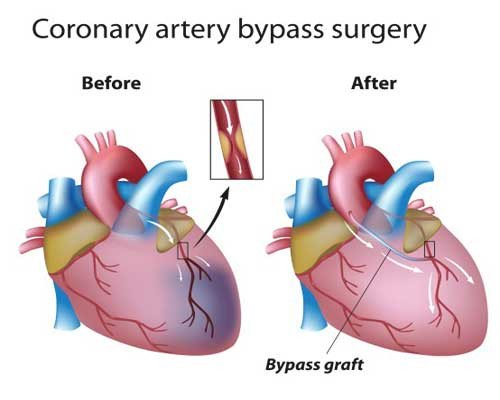



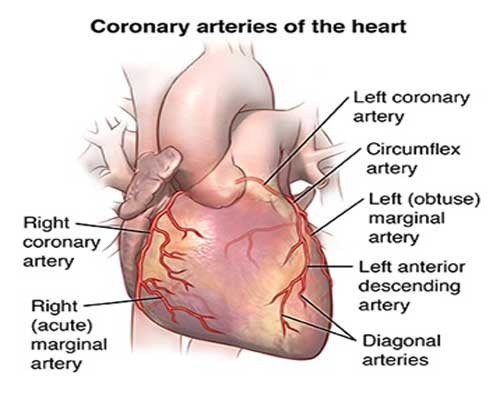
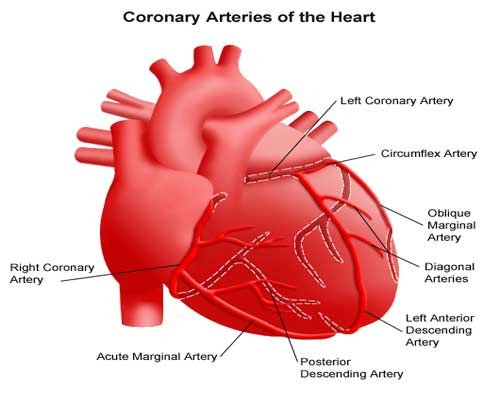














.jpg)




